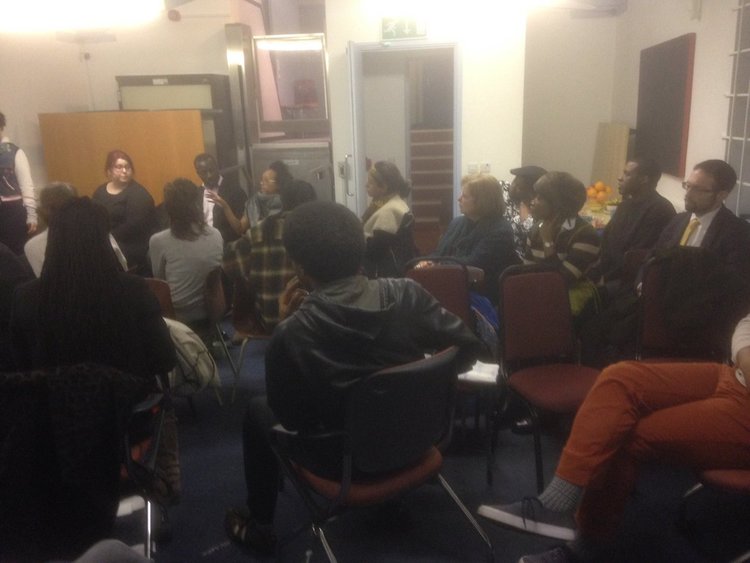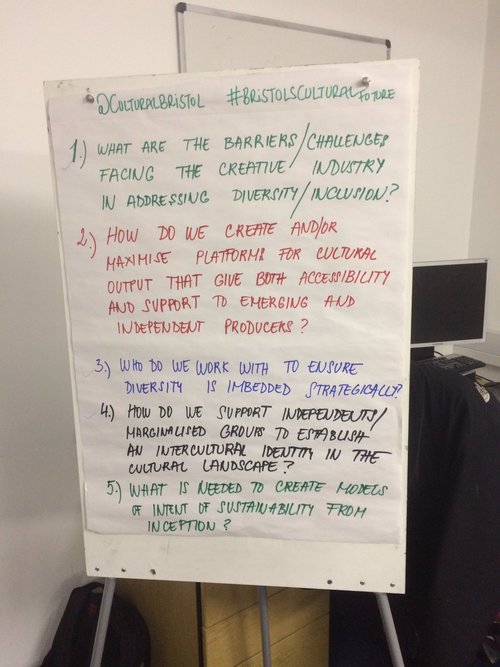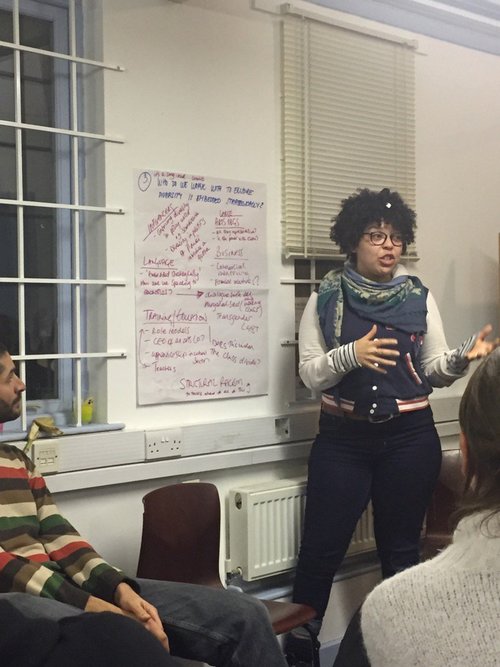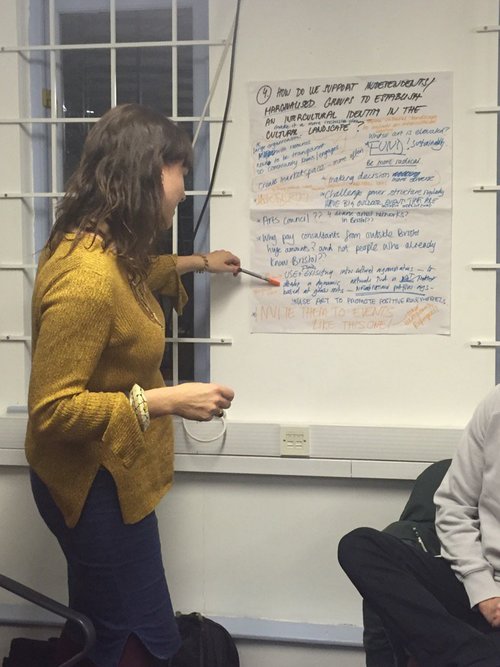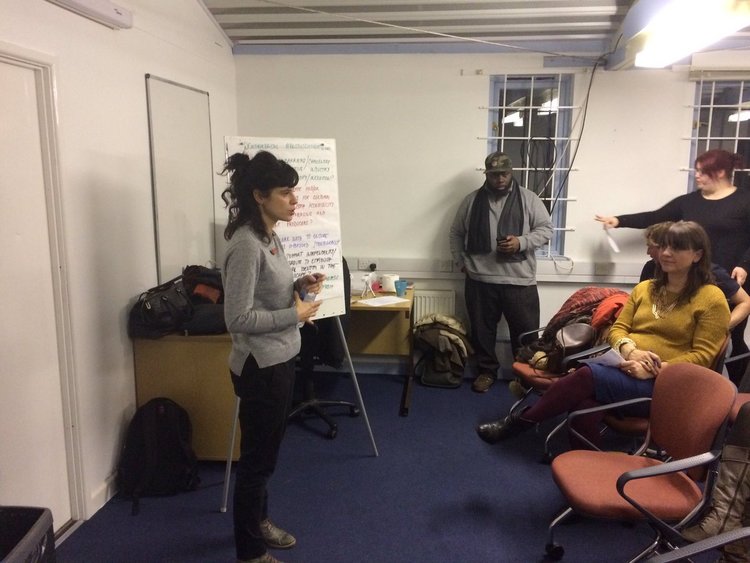Bristol City Council in partnership with Bristol Cultural Development Partnership and the Bristol Cultural Steering Group has appointed Tom Fleming Creative Consultancy (TFCC) to lead on Bristol’s Cultural Future a plan for culture in the city. In partnership with Black South West Network, we were able to consult 20 residents and VCS organisation representatives around the challenges to the creative industry to Bristol.
1. What are the barriers/challenges facing the creative industry in addressing diversity/inclusion?
- Recognising Community ‘currency’
- Generalising Offers around skills
- Social Cultural Networks
- Developing ‘Brokers’
- Skills Migration
- Lack of regular output
- Lack of Co-production
- Inherent Cultural Biases present within the industry
- Lack of diversity in decision-making process, that influences representation of the needs of diverse community, and fails to be inclusive of diverse talent
- Addressing Cultural Criticism - developing cultural critics
- Ownership - influences future narrative projection
- Cultural Evaluation/Accountability/ Transparency to the community
- Local Visibility of Cultural Institution Heads
- Bristol Cultural Board (BCB) that represents diverse talent
2. How do we create and/or maximise platforms for cultural output that give both accessibility and support to emerging and independent producers?
- Understand the platform: what exists? where are the gaps?
- Undertake an intercultural audit, so that we can design strategies to make it accessible to all
- What is good practice? - creating a cultural house/hub to share, and using technology to your advantage especially with youth
- ease of access is required - using accessible language, make technology more accessible to a wider audience, and make location findable/accessible
- need to create a self-sustaining and appealing model
- demonstrate and build impact measurements
- Co-creation and Ownership should be reflected in staffing structure - use of local talent
3. Who do we work with to ensure diversity is embedded strategically?
- Who are the influencers? - enforcing diversity in policy world (i.e. Scandinavia has quota on percentage of women/BME in parliament and organisations), create a compulsory percentage
- Language - what does strategic mean? who is it going to reach?
- Who is Diversity? - BME, white working class, LGB, Transgender?
- Teaching and Education - role models, apprenticeships more widely available to BME communities, teachers to provide role models themselves
- Links to Business - commercial mentoring, what are the financial incentives? what is the structural bias and how do we get a good representation of BME on each level of businesses?
4. How do we support independents/marginalised groups to establish an intercultural identity in the cultural landscape?
- large organisations with resources need to be transparent so community is informed and able to engage
- create a market space - engage more often
- whose art is elevated?
- need to make decision-making more diverse, radical, and sustainable
- challenge power structures regularly
- support and create large scale events that offer diverse artists to network in Bristol? What role does the Arts Council play in this? - i.e large Spanish artist community has no space and networking opportunities to engage or be informed
- why pay consultants from outside Bristol a large fee when people in Bristol can be engaged better by being directly engaged in their own environment and would provide a more holistic response to any strategic proposals
- create a dynamic network that is based in grass-roots organisations
- use art to promote positive role models
- where are the invitations to this consultation to the community? To the Europeans, refugees, more artists??



